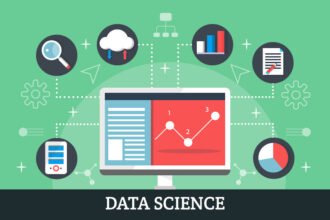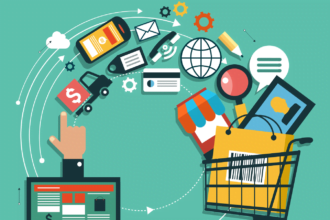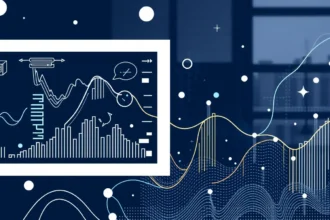Big Data has a lot of great uses in the work of consumer marketing. Experts recognize that its benefits go well beyond the needs of individual consumers. In fact, Big Data has many uses in helping patient lives in the world of healthcare. The market for big data in healthcare is growing 22% a year.
From predicting risk factors to helping cure disease, Big Data in healthcare is multi-faceted. Here are the 10 best uses of Big Data in healthcare.
- Electronic Health Records: One of the biggest applications of Big Data in the healthcare world has been in the creation and usage of electronic records. Instead of relying on a sheet of paper within a file, limited to one office, patient records can now be accessed by any treating physician within the system. This can help keep allergies, history, test results, and any other essential information completely accessible. They make collaborative care simpler than ever before.
- Opioid Use Monitoring: With the opioid crisis still going strong, it is up to healthcare providers to ensure that they are safely administering these addictive drugs. Through the use of Big Data, opioid usage can easily be tracked and any risk factors for the potential misuse of opioids can be flagged before they happen. One study found that big data can help reduce opioid use by 17%.
- Predictive Analytics: Another way that Big Data can be used is to predict what patients might need before they need it. With the collection of patient health records, insurance records, and even lab results, Big Data algorithms can be programmed to look for risk factors that might indicate a future disease. This can help doctors work on preventing the disease before it happens.
- Medical Imaging: Big Data algorithms can be programmed to read radiographs as well. The information system can identify diseases and symptoms with endless amounts of knowledge and examples, making it easier to identify problems that the regular radiologist might not know that he/she is missing.
- Better Security and Fraud Prevention: Health insurance fraud is more common than you might think. Providers have always been faced with the difficulty of dealing with false information. Big Data can work with cybersecurity to detect inaccurate claims before they become a bigger problem. It also helps with the electronic records by keeping all of the confidential and sensitive data safe from criminals.
- Cancer Help: Because cancer is hard to detect and there is not a universal treatment for it, it can be very difficult to battle cancer. Big Data can be used to analyze patient data to help work toward a cure for some types of cancer. Doctors can use data from previous reports on biopsies and lab results to help determine what the next step would be in helping people.
- Allow Better Care: Big Data also can allow patients to receive better overall care. It can provide insights into patient motivations and behaviors, allowing providers to see which patients are likely to need more follow-up or support than other patients. Big Data can analyze the demographics of patients to help identify which patients might be less likely to follow-through with any treatment and help providers build a strategy to help the patients before losing them.
- Predict Heart Attacks: Heart attacks are one of the deadliest conditions that a person can suffer from and they claim the lives of thousands of people every year. Big Data can collect information about patients and alert providers to the risk factors that are in place to cause a future heart attack. Since many people who have heart attacks do not know that they are at risk, having a system in place that can look for and manage heart-related conditions will allow many lives to be saved. Oral health is also related to heart disease, so dentists, like Dr. Mark Iacovino, might be able to share information in an electronic chart that might help a cardiologist later on.
- Patient Trackers: Big Data will allow patients who use smart devices to have their information collected and matched with the information that the doctors have as well. Trackers can monitor physical activity, heart rates, sleeping habits, and many other things. This data can then be uploaded with Big Data, allowing the providers to receive the information and compare it to what they already know.
- ER Visit Prevention: Through the collection of Big Data on any given patient, patients who are at risk for going to the ER can be treated before an ER visit becomes necessary. Part of this will have to do with the analysis of the potential of readmitting patients after they have already been seen. Big Data can use data science to look for patients who are getting the same medical test multiple times and alert providers so it does not happen again. Also, through the use of electronic medical records, the providers can confirm with patient history before making any decisions, helping to provide the most informed care possible.
The Importance of Big Data in Healthcare Cannot Be Overstated
There are countless reasons big data has played an important role in healthcare. These benefits cannot be underestimated in 2020.









